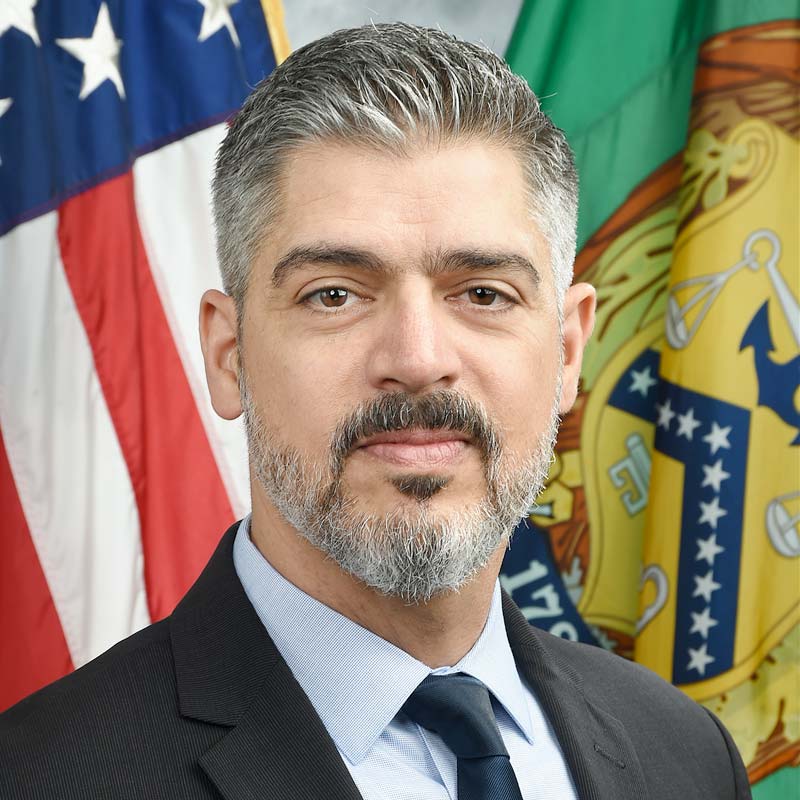By: Thomas P. Feddo, Senior Adviser and Elena McGovern, Head of Private Markets
October 30, 2022 – The era of China’s openness is coming to a close. In the United States, the doors that led to this globalization era, thrust open by the end of the Cold War, are being shut. An accelerating range of laws and policies to reinvigorate domestic industries, “reshore” or “friend-shore” critical capabilities, prevent misappropriation of technology, and enhance supply chain security are being deployed—all ostensibly to limit dependence on China or ensure American high-tech supremacy. For global business leaders and investors, this moment requires a reimagining of how the arteries of global trade can and should be restructured—or how government intervention will restructure them. Our clients—American and foreign alike, and across a breadth of sectors—are asking exactly how much change to their business operations will be required and whether it will be possible for a global business to maintain a presence in China while remaining onside with the US government.
The pace of US policymaking vis-à-vis China is accelerating. Rules of the road for the semiconductor and other high-tech industries are being rewritten in real-time, such as the release earlier this month of the US Commerce Department Bureau of Industry and Security (BIS) Interim Final Rule regarding the semiconductor and advanced computing industries. Immediately, US-based and international companies halted shipments to and paused services in China, and directed US persons to leave the country or cease their work.
At Capstone, we believe that one of the next regulatory “shoes” to drop will be an outbound investment screening mechanism, which will subject more foreign investments by US companies to a multi-agency review and scrutiny. We expect the mechanism to be established by legislation in the next Congress. The Biden administration may also issue an executive order (EO) establishing an investment screening mechanism before the end of the year that would serve as a precursor to that eventual legislation.
At Capstone, we believe that one of the next regulatory “shoes” to drop will be an outbound investment screening mechanism, which will subject more foreign investments by US companies to a multi-agency review and scrutiny.
The idea of an outbound investment screening mechanism (sometimes imprecisely referred to as “outbound CFIUS”) has bipartisan support in Congress—with the obvious focus being China. In many ways, the policy disagreements at present are not over if to establish an outbound investment screening mechanism but how to do it and what to restrict or review. The potential return of Republican control over Congress next year only increases the odds of this becoming reality.
At present, however, significant questions remain over exactly what would be included in an EO or final legislation. In recent expert testimony at a US Senate Banking Committee hearing, Capstone senior advisor Tom Feddo and others encouraged Congress to be deliberative and cautious in its approach, given the very significant business and investment impacts and the potential for unintended consequences of what is being contemplated.
Capstone believes that one foundational element that will almost surely be included is a reporting requirement for all private sector entities engaging in certain outbound transactions in “countries of concern.” Ultimately, this means reporting on outbound transactions involving China. The key question will be how those reporting requirements are scoped, both in terms of the sectors and industries included in the definition of a “national critical capability,” and the reach of these authorities. For example, will it include just direct investments or third-party investments with relationships in China (with “relationships” also requiring a clear definition, joint ventures, certain types of contracts, etc.)? In terms of sectors, high-tech areas of the economy such as semiconductors, artificial intelligence, biotech, critical minerals, and clean energy tech are almost certainly being contemplated in either/both an EO and legislation.
Notably, each of these categories, as defined by the White House’s Critical and Emerging Technologies List, are broad. An EO, as well as a final bill with greater Democratic influence, may also be scoped more broadly to include a wider swath of Chinese manufacturing with the policy goal of benefitting more of US industry and workers.
There will likely be flexibility for the screening mechanism to expand its scope over time. In terms of the types of “covered activities” that would be subject to US, approval, previous legislative language has included both physical production (e.g., “builds, develops, produces, manufactures, manages, operates, sells…” a national critical capability), as well as financial transactions and investments and knowledge transfer/intellectual property broadly defined. Joint ventures and subsidiaries would likely also be considered.
The key question will be how those reporting requirements are scoped, both in terms of the sectors and industries included in the definition of a “national critical capability,” and the reach of these authorities… Notably, these categories are quite broad.
Capstone recommends that all of our clients track developments in this space. Indeed, Senator Sherrod Brown (D-OH) testified on this topic last month, underscoring the degree to which the decisions of institutional investors may become scrutinized. He said, “US investments—whether from a venture capitalist or pension fund—could wittingly or unwittingly support foreign technological investments that, in the words of our Secretary of State, could ‘increase other countries’ technological dependence, and then use that dependence to impose its foreign policy preference.”
The national and economic security concerns being addressed here are quite broad, with the business implications sweeping. It will necessitate investment and business strategy changes by many, and an “over-the-horizon” approach to cross-border transactions. Capstone will be tracking this closely and carefully in the weeks and months ahead.


Elena McGovern, Head of Private Markets
Read more from Elena:
The $900 Billion State and Local Government Opportunity
Read Elena’s bio here.



























